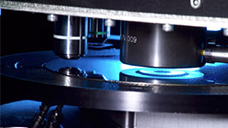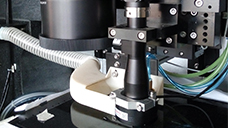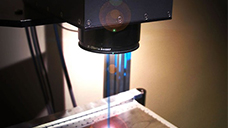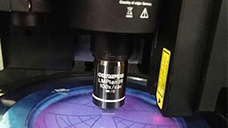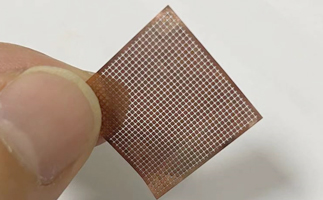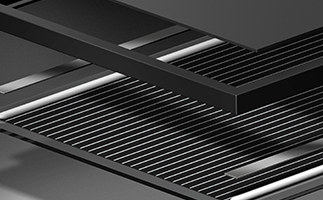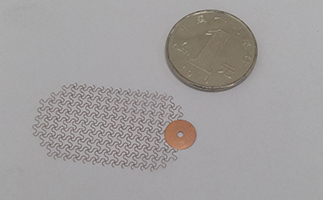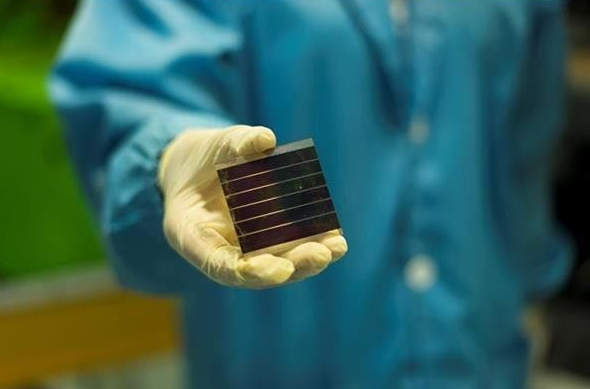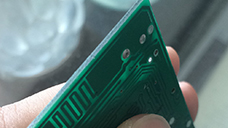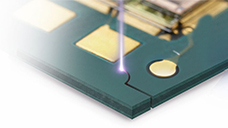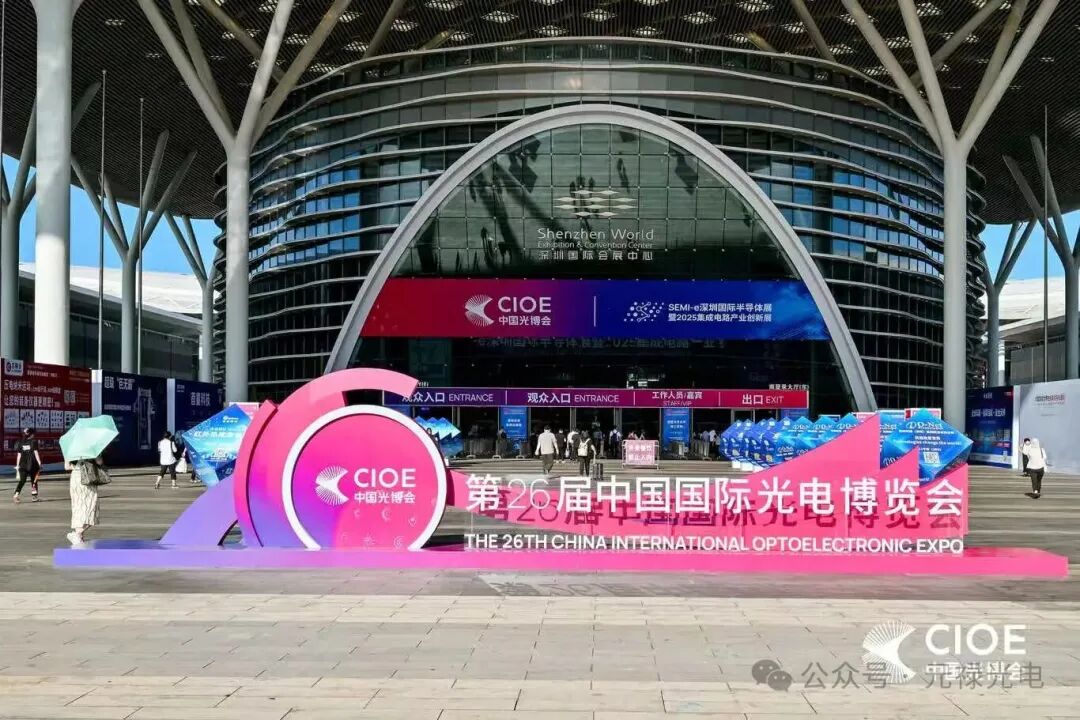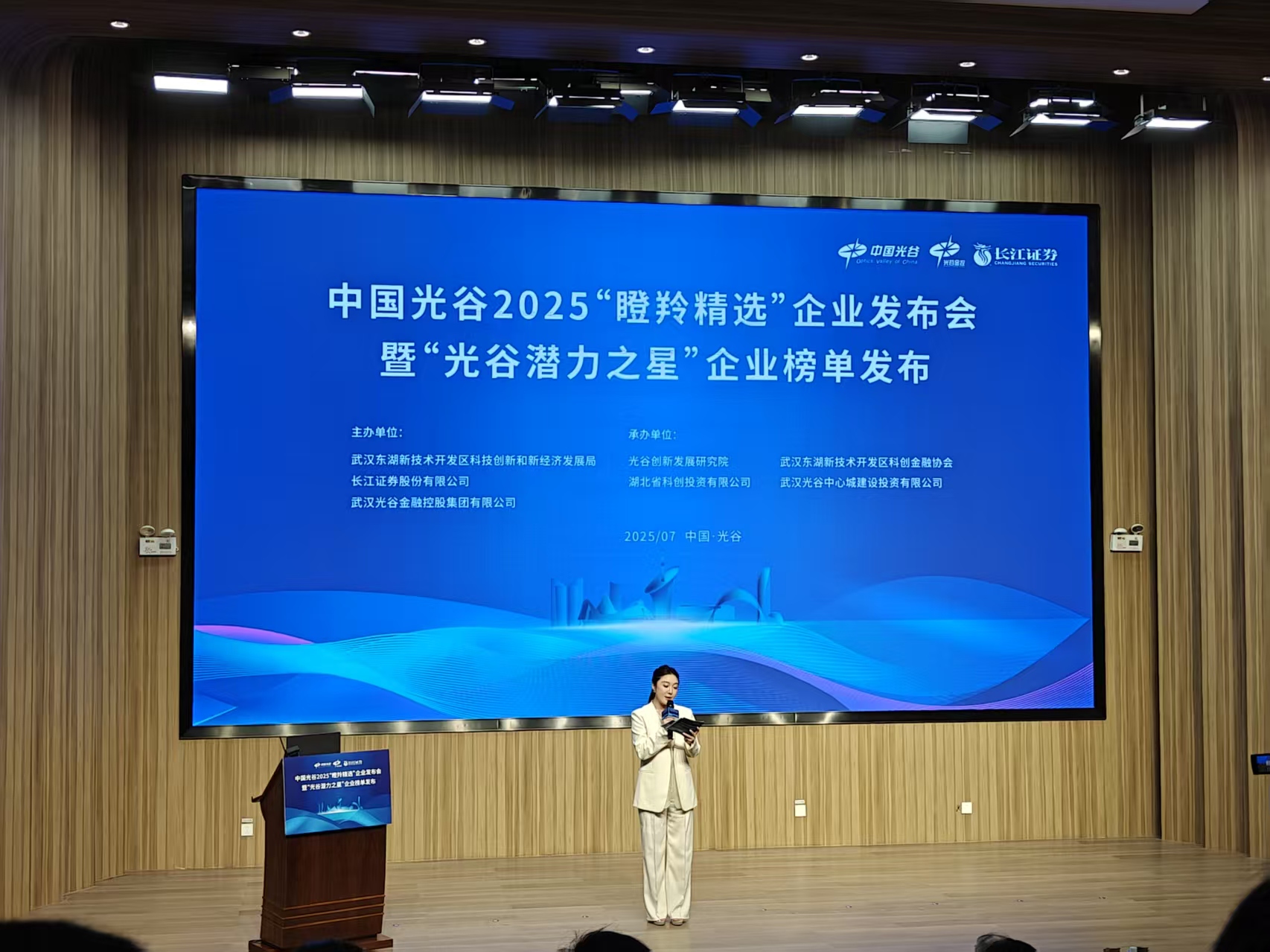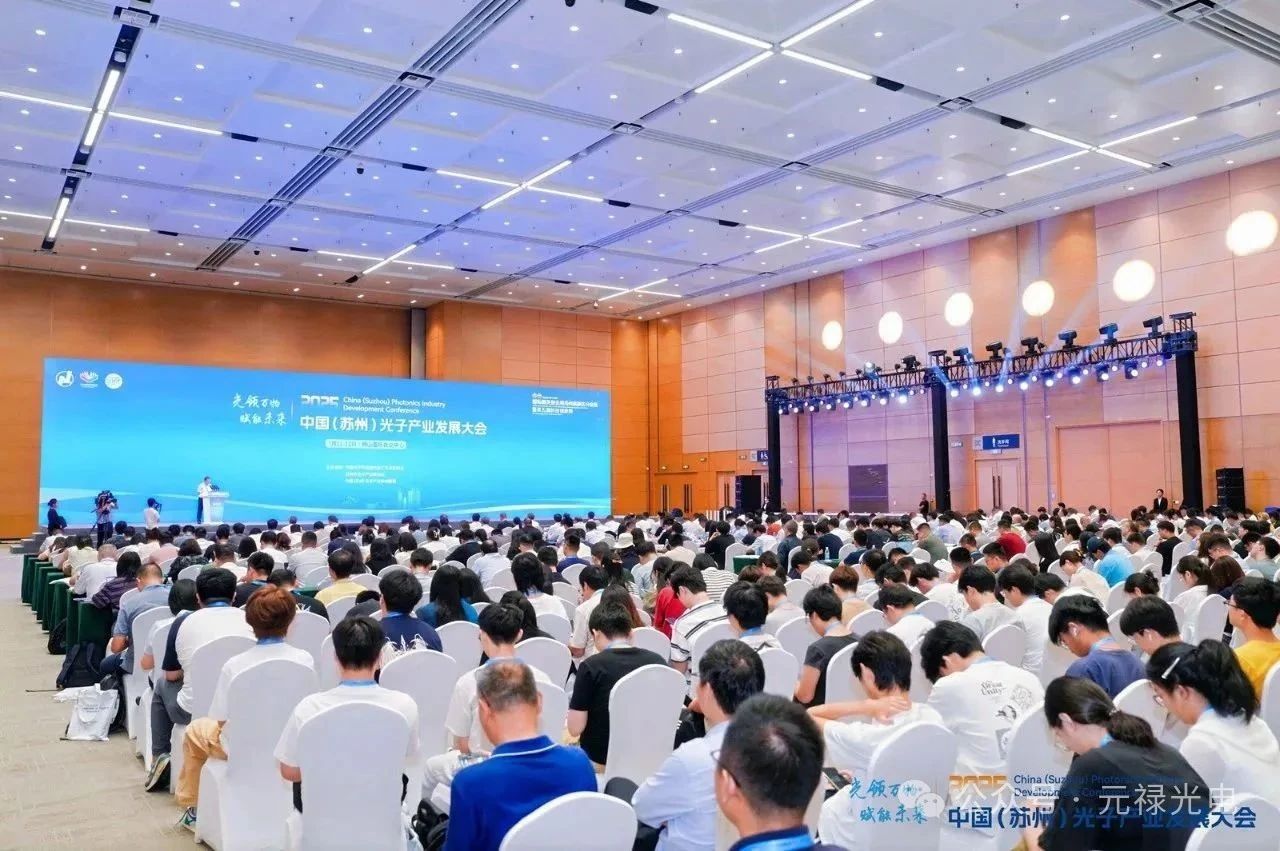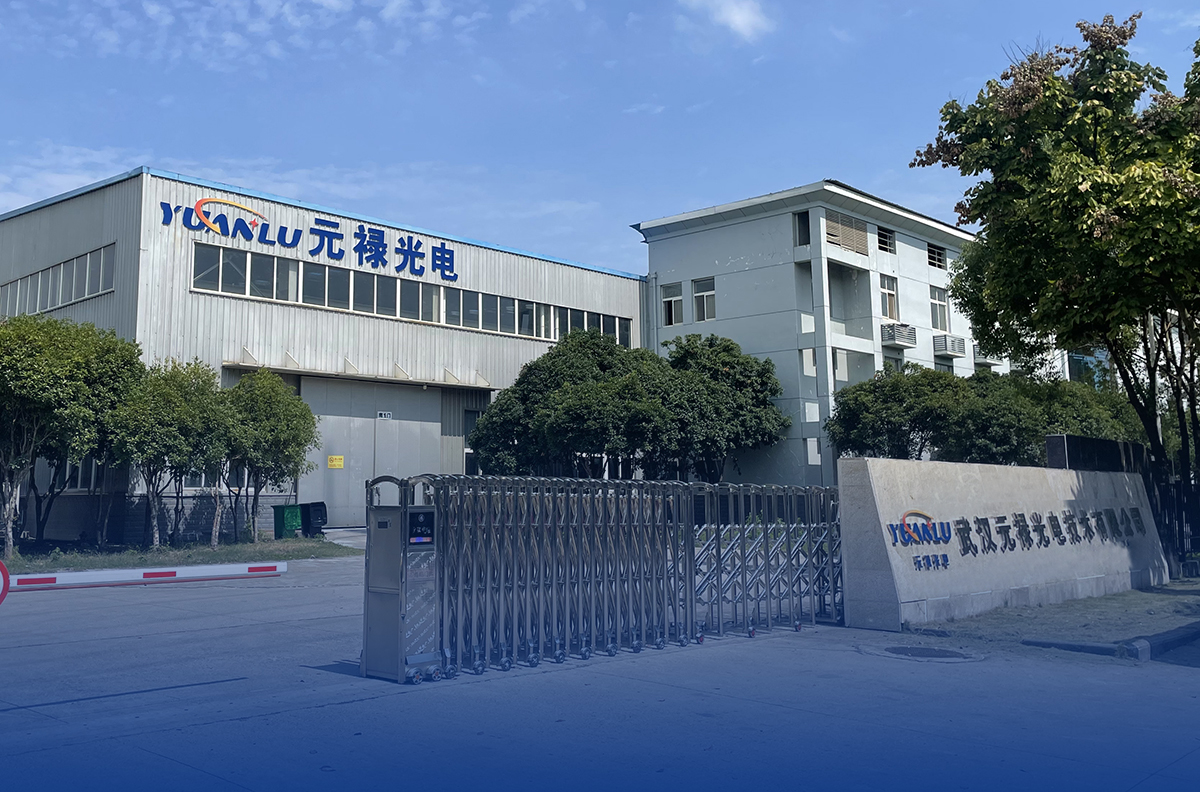意大利科學家使用氧化鈦海綿成功防止半透明太陽能電池中的鉛泄漏,器件顯示出與半透明鈣鈦礦器件相當的效率,平均可見光透光率(AVT)為31.4%。
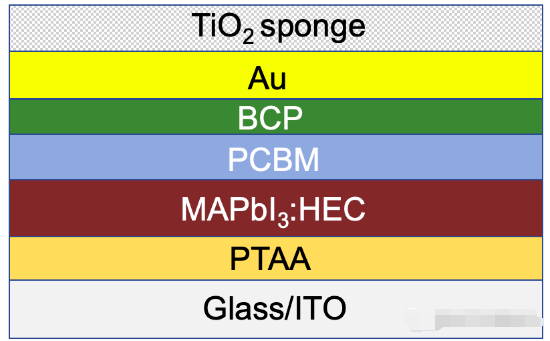
圖片:CNR-IMM
意大利微電子和微系統研究所(CNR-IMM)的科學家開發了一種半透明的鈣鈦礦太陽能電池。他們通過在器件上沉積氧化鈦(TiO2)海綿來防止潛在的鉛(Pb)泄漏。
“我們設想太陽能電池用于建筑集成光伏(BIPV)和農業光伏的應用,其中潛在的鉛泄漏可被視為嚴重的公共環境和健康風險來源,”研究員Salvatore Valastro告訴PV雜志。
TiO2是一種高度吸附的材料,在鈣鈦礦太陽能電池中充當有效的電子傳輸層(ETL)。為了解決潛在的鉛(Pb)泄漏問題,研究人員制備一種無溶劑的多孔TiO2薄膜,形成了一種海綿狀結構,能夠在模擬災難性事件期間從受損器件中捕獲Pb。
“TiO2海綿可以吸收濃度范圍為24 g/cm2至63 g/cm2的鉛,其相當于厚度為200 nm(半透明PSC)至500 nm(不透明PSC)的MAPbI3,”研究人員解釋說。
他們用玻璃和氧化銦錫(ITO)做基板,由聚三芳胺(PTAA)制成空穴傳輸層(HTL),帶有TiO2海綿的鈣鈦礦吸收體,由苯基-C61-丁酸甲酯(PCBM)制成的電子受體,浴庫普林(BCP)緩沖層,金(Au)金屬電極構建電池。
“我們通過使用濺射設備無溶劑沉積TiO2海綿,這是一種易于擴展的沉積方法,被半導體制造公司廣泛使用,”Valastro說。“在沉積過程之前執行1分鐘的預濺射步驟,以清理鈦靶的表面以去除氧化層。”
太陽能電池實現了11.6%的轉換效率,平均可見光透光率(AVT)為31.4%。“11.6%的效率是這種半透明架構的典型特征,”Valastro說。
研究小組在“Preventing lead leakage in perovskite solar cells with a sustainable titanium dioxide sponge,”中描述了這種電池技術,該研究最近發表在《自然可持續性》上。
“我們的方法代表了解決BIPV,BAPV,農業光伏和不透明設備的鉛釋放的具體步驟,也為報廢設備中的鉛回收鋪平了道路,”該團隊總結道。
(消息來源:pv-magazine.com)
Semitransparent perovskite solar cell with 11.6% efficiency
Italian scientists have used a titanium oxide sponge to successfully prevent lead leakage in a semitransparent solar cell. The device has demonstrated comparable efficiency to semi-transparent perovskite devices and has an average visible transmittance (AVT) of 31.4%.
Scientists from the Italian Institute for Microelectronics and Microsystems (CNR-IMM) have developed a semi-transparent perovskite solar cell. They achieved this by depositing a titanium oxide (TiO2) sponge on the device to prevent potential lead (Pb) leakage.
“We conceived the solar cell for applications in building-integrated photovoltaics (BIPV) and agrivoltaics, where the potential lead leakage can be viewed as a serious public environmental and health risk source,” researcher Salvatore Valastro toldpv magazine.
TiO2, a highly adsorbent material, serves as an effective electron transport layer (ETL) in perovskite solar cells. To address potential lead (Pb) leakage, the researchers created a solvent-free porous TiO2 film, forming a sponge-like structure capable of capturing Pb from damaged cells during simulated catastrophic events.
“The TiO2 sponge can sequester Pb in concentrations ranging from 24 g cm2 to 63 g cm2, which are equivalently contained in MAPbI3 layers with thicknesses from 200 nm (semi-transparent PSC) to 500 nm (opaque PSC),” the researchers explained.
They built the cell with a substrate made of glass and indium tin oxide (ITO), a hole transport layer (HTL) made ofpoly-triarylamine (PTAA), a perovskite absorber with the TIO2 sponge, an electron acceptor made of phenyl-C61-butyric acid methyl ester (PCBM), a bathocuproine (BCP) buffer layer, a gold (Au) metal contact, and the TIO2 sponge.
“We deposited the sponge via a physical solvent-free deposition, by using sputtering equipment, an easily up-scalable deposition method, which is widely used by semiconductors manufacturing companies,” Valastro said. “A pre-sputtering step of 1 min is performed before the deposition process to clean up the surface of the titanium target to remove oxidized layers.”
The solar cell achieved a power conversion efficiency of 11.6% and has an average visible transmittance (AVT) of 31.4%. “The efficiency value of 11.6% is characteristic of this semi-transparent architecture,” said Valastro.
The research team described the cell tech in “Preventing lead leakage in perovskite solar cells with a sustainable titanium dioxide sponge,” which was recently published in Nature Sustainability.
“Our method represents a concrete step forward in addressing Pb release for BIPV, BAPV, agrivoltaics and opaque devices, and also paves the way for Pb recycling in end-of-life devices,” the team concluded.
本站所發表內容轉載時會注明來源,版權歸原出處所有(無法查證版權的或未注明出處的均來源于網絡搜集)。轉載內容(視頻、文章、廣告等)只以信息傳播為目的,僅供參考,不代表本公眾號認同其觀點和立場。內容的真實性、準確性和合法性由原作者負責。如涉及侵權,請聯系刪除,此轉載不作為商業用途。







